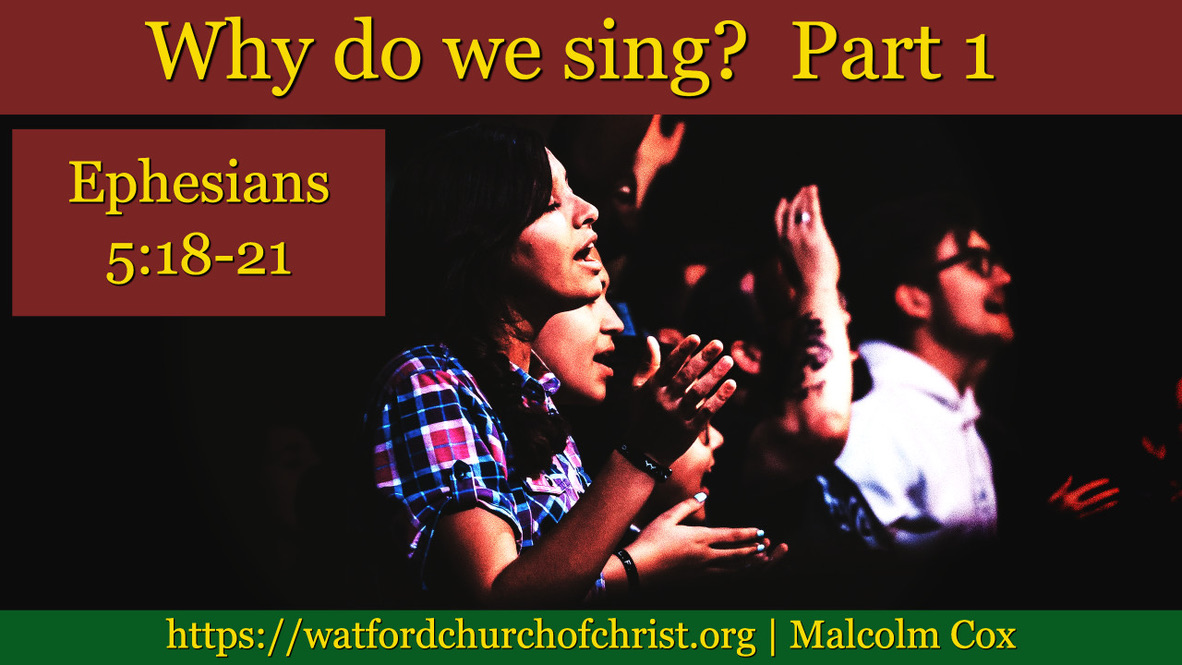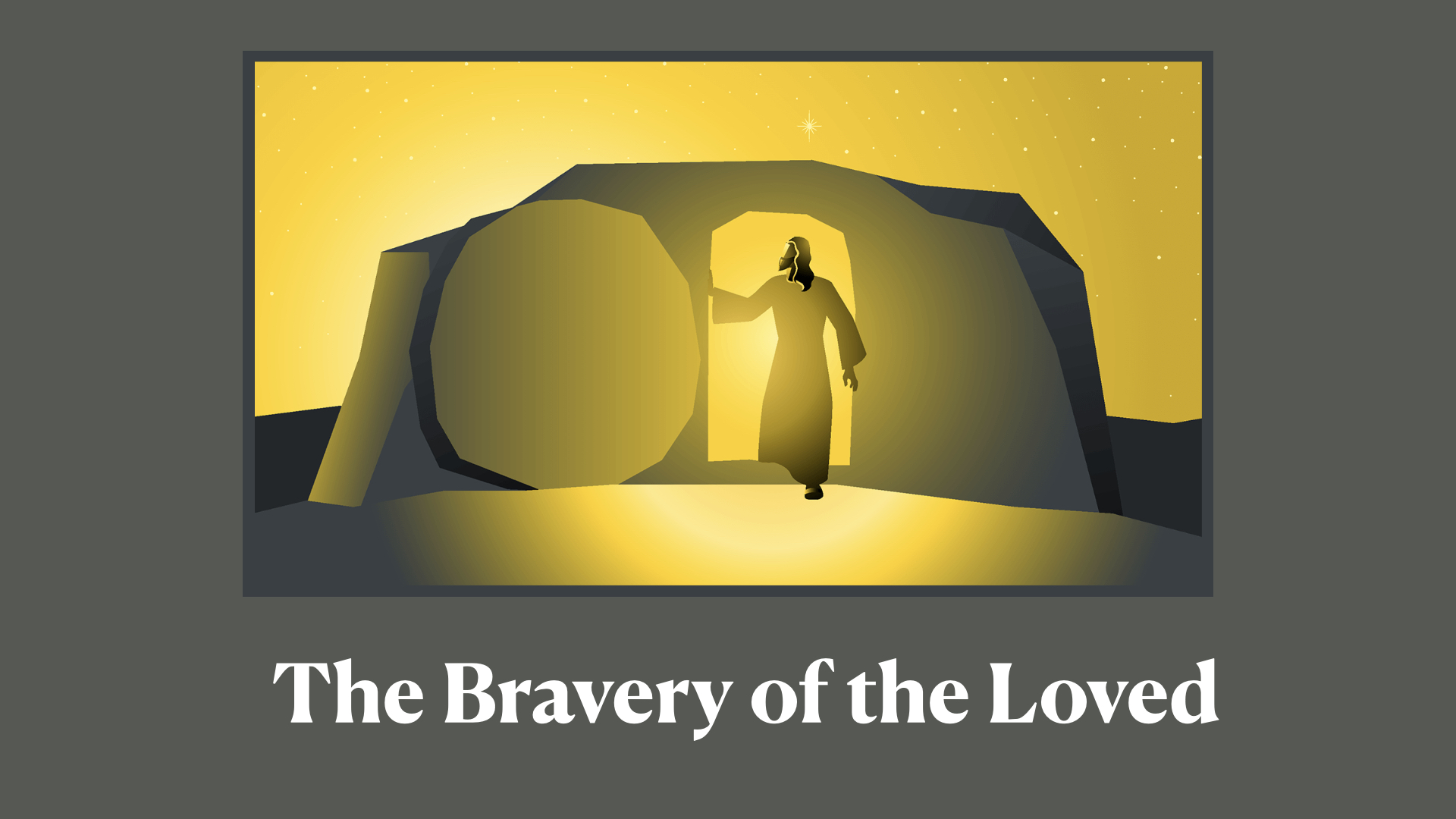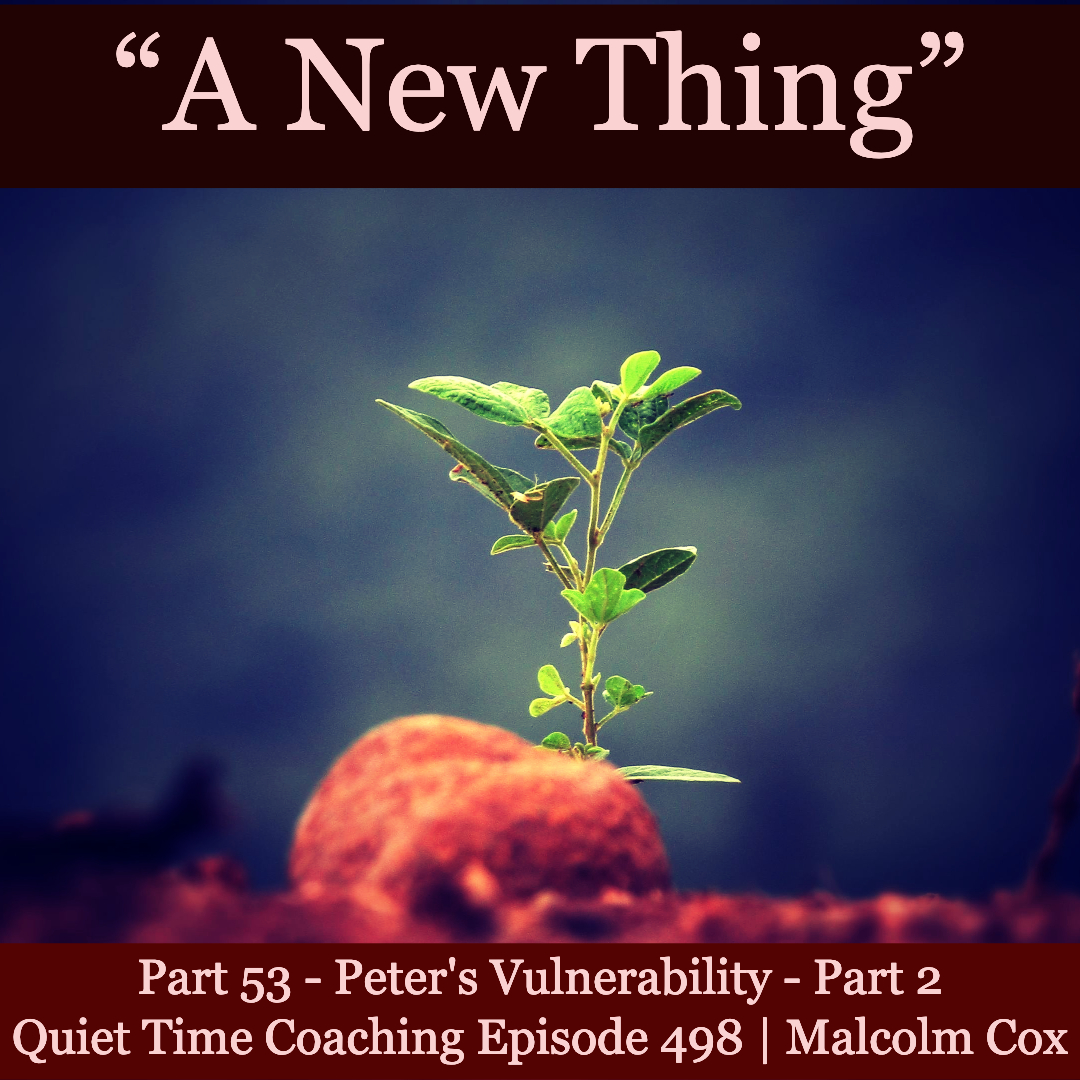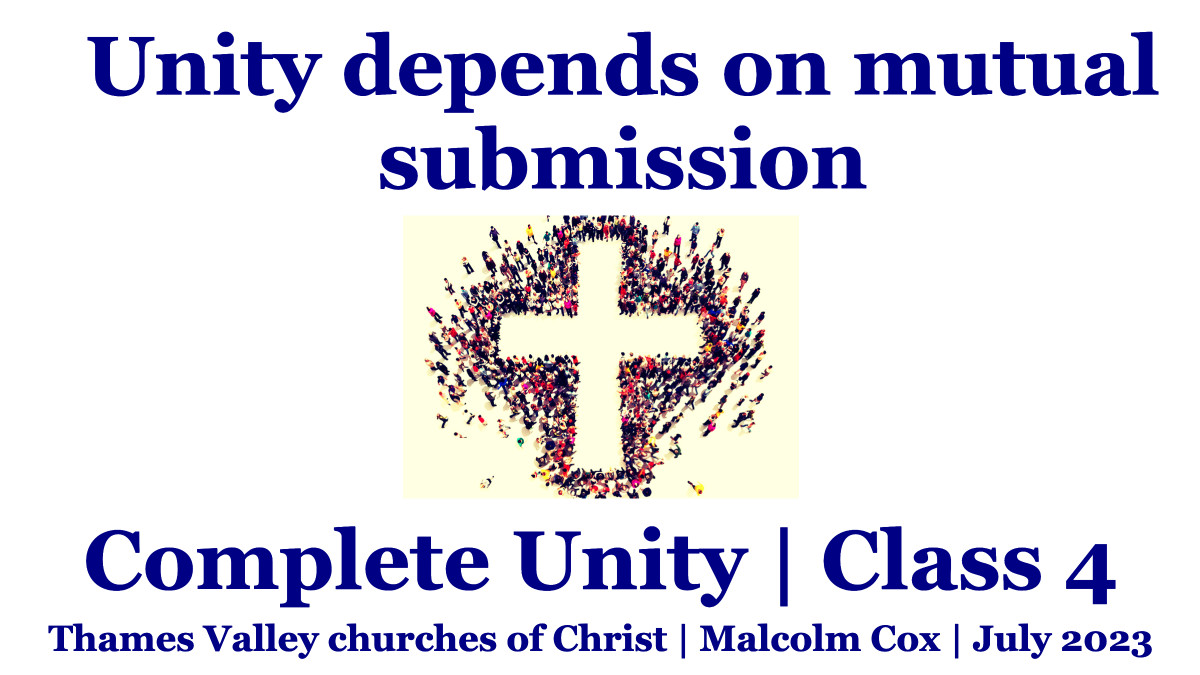A sermon for the Watford church of Christ
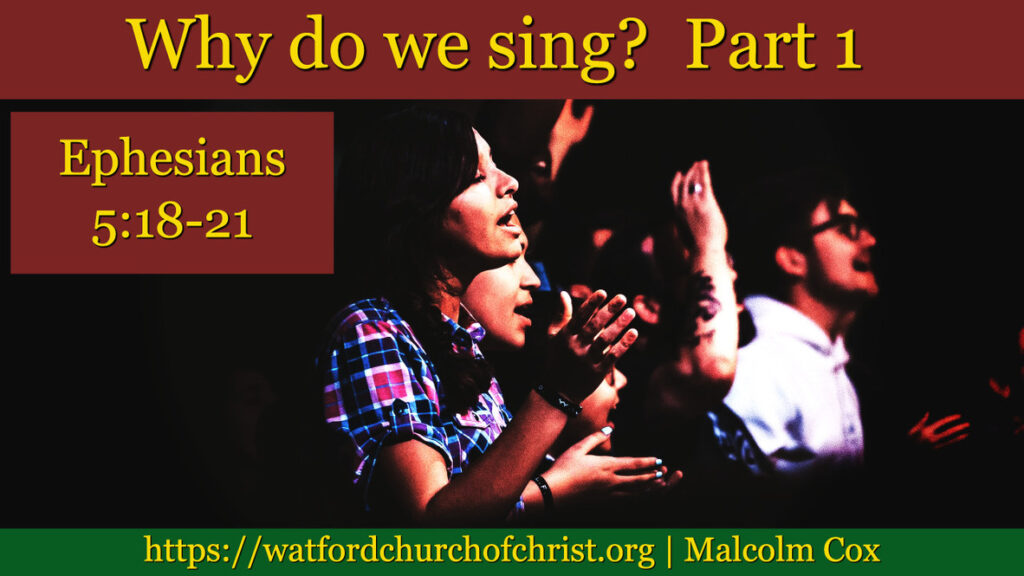
Why do we sing?
There is not a great deal of instruction in the New Testament about church singing. But what the Scriptures lack in volume they make up for in depth. This week and next week we will take a look at two of the key passages about congregational singing.
“Do not get drunk on wine, which leads to debauchery. Instead, be filled with the Spirit, speaking to one another with psalms, hymns, and songs from the Spirit. Sing and make music from your heart to the Lord, always giving thanks to God the Father for everything, in the name of our Lord Jesus Christ. Submit to one another out of reverence for Christ.” Ephesians 5:18-21
“Let the message of Christ dwell among you richly as you teach and admonish one another with all wisdom through psalms, hymns, and songs from the Spirit, singing to God with gratitude in your hearts.” Colossians 3:16
A Casual Comment?
At first glance these instructions to sing seem almost like a throw-away comment. It is as if Paul has heard that the churches don’t like singing and decides to add an instruction to sing because it’s a good thing to do. But, are these instructions connected with a bigger picture? I believe they are. Much bigger, much more profound.
Guthrie claims, ‘…this command can be seen as the culmination of the first five chapters.’ Resonant Witness: Conversations between Music and Theology. Kindle Edition.
If you want to understand how this instruction to sing fits here and what relevance it has to our theology and practice as a congregation, you need to read the rest of Ephesians.
The Spirit and the Temple
The verse break in Ephesians 5:18-19 splits the reference to the Spirit from the next verse about singing. The result is to hide the connection between being filled with the Spirit and singing. What connection do you think exists between the Spirit and singing? Let’s explore the connection between Spirit, Temple, the Body of Christ and singing.
Paul wants the Ephesians to understand the significance of their calling to be a temple, Ephesians 2:21-22. The physical temple was where God revealed his glory on Earth. Jesus re-identifies the temple as his body, John 2:19–21. His body is the place on Earth where God’s glory was manifested. That was an extraordinary statement which shocked his hearers. Perhaps even more shockingly the glory of God which was in Jerusalem, then in Jesus (or more accurately manifested in that building, then in that body), is now in the church.
Specifically, it is the church made up of both Jew and Gentile. The two groups together (which encompasses all of humanity) have been made one by Christ, Ephesians 2:14–16, and are now joined together as a temple, Ephesians 2:19-22.
That temple deserves to be honoured and kept pure. Hence his commands to avoid drunkenness and the like, and instead to be filled with the Spirit. The Spirit of God filled the temple, was fully in Jesus, and now wishes to fill the entirety of God’s people both Jew and Gentile.
God makes the ‘two’ into one. To function as God intended, this temple (church) must be filled with the Spirit. What does this mean?
Four instructions
“be filled” (plerousthe) is the command which is expressed in the following ways:
Speaking (lalountes) to one another in songs, hymns, and spiritual songs
Singing (adontes) and making music (psallontes) in your hearts
Giving thanks (eucharistountes) to the Lord
Submitting (hypotassomenoi) to one another
How are we to obey the command to be filled with the Spirit? By speaking to one another in song, singing, giving thanks and submitting to one another.
Why the connection with singing? Does it have something to do with engendering unity between the disparate Jews and Gentiles? We bond together by singing and we sing because we are bonded together in Christ. How will our two congregations be bonded in the Spirit? By obeying the command that to be filled with God’s Spirit – and part of that is singing together. That’s not too onerous a command, is it!?
Ideas and Questions for Reflection
Read the whole book of Ephesians and reflect on why Paul thinks singing is so important for the Church.
Is there anything that inhibits you from singing with all your heart when we are together? If so, what can you do about it?
What does it mean to you that the congregation is now the temple?
Please add your comments on this week’s topic. We learn best when we learn in community.
Do you have a question about teaching the Bible? Is it theological, technical, practical? Send me your questions or suggestions. Here’s the email: malcolm@malcolmcox.org.
If you’d like a copy of my free eBook on spiritual disciplines, “How God grows His people”, sign up at my website: http://www.malcolmcox.org.
Please pass the link on, subscribe, leave a review.
“Worship the LORD with gladness; come before him with joyful songs.” (Psalms 100:2 NIV11)
God bless, Malcolm
